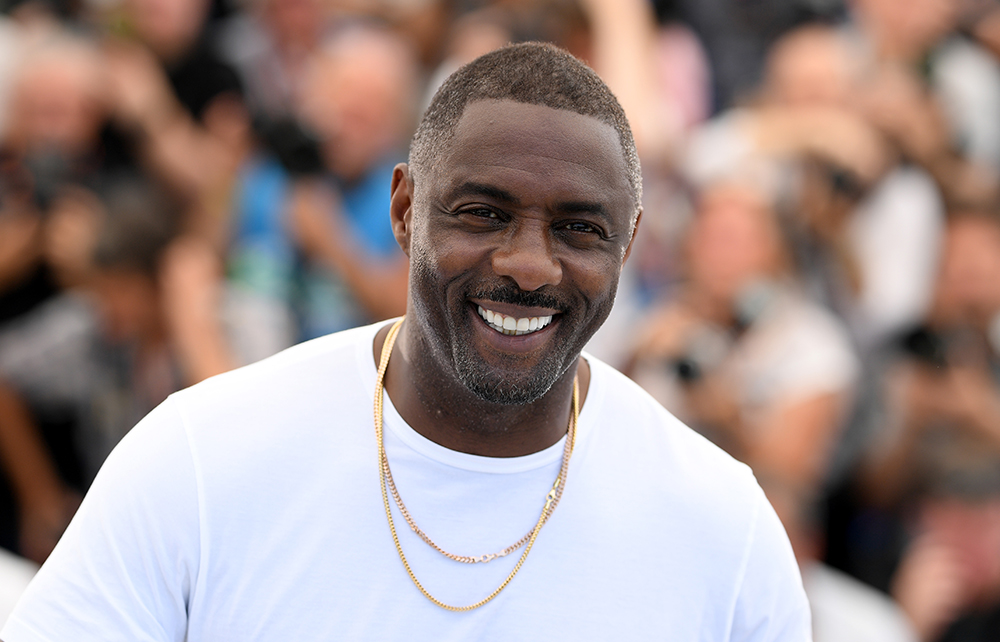Gloom. Relentless rain out of a sullen sky enhanced an already pessimistic mood. We were talking geopolitics and agreeing that the West ought to brace itself for a hard landing. Try as we might, we could find no good news, anywhere.
Where is the self-belief of the Reagan/Thatcher years? Instead, a culture war is taking place
Some of us were veterans, one or two of whom had spent time in Washington in 1980, the build-up to the Reagan era and the prelude to the most successful decade in modern peacetime history, in which Margaret Thatcher played a crucial role. By the end, the West had won the Cold War, the Soviet empire was crumbling, Marxism had become a wasm, the UK’s decades-long acquiescence in decline was over, while the Chinese appeared to be taking tentative steps towards membership of the international legal and economic system. It would shortly be possible to proclaim the end of history and herald a new world order. Sam Huntington would warn of a forthcoming clash of civilisations, but even if he proved right, we were confident that our one would win. Halcyon days.
That said, back in 1980, if anyone had claimed that an amiable former actor and a shrill female whose hold on her own party was by no means secure were about to form a transformative world-historical partnership, they would have been regarded as victims of another sort of weather: sitting for too long in a strong sun without a hat. I was one of many, including large numbers of Tories, who wholly underestimated Margaret Thatcher. O me of little faith.
Yet in those great years, a mistake was being made which would allow the enemy to counterattack. While free-marketeers took command of the economy – in Marxist terms, the base – they ignored culture: the Marxian superstructure.







Comments
Join the debate for just £1 a month
Be part of the conversation with other Spectator readers by getting your first three months for £3.
UNLOCK ACCESS Just £1 a monthAlready a subscriber? Log in